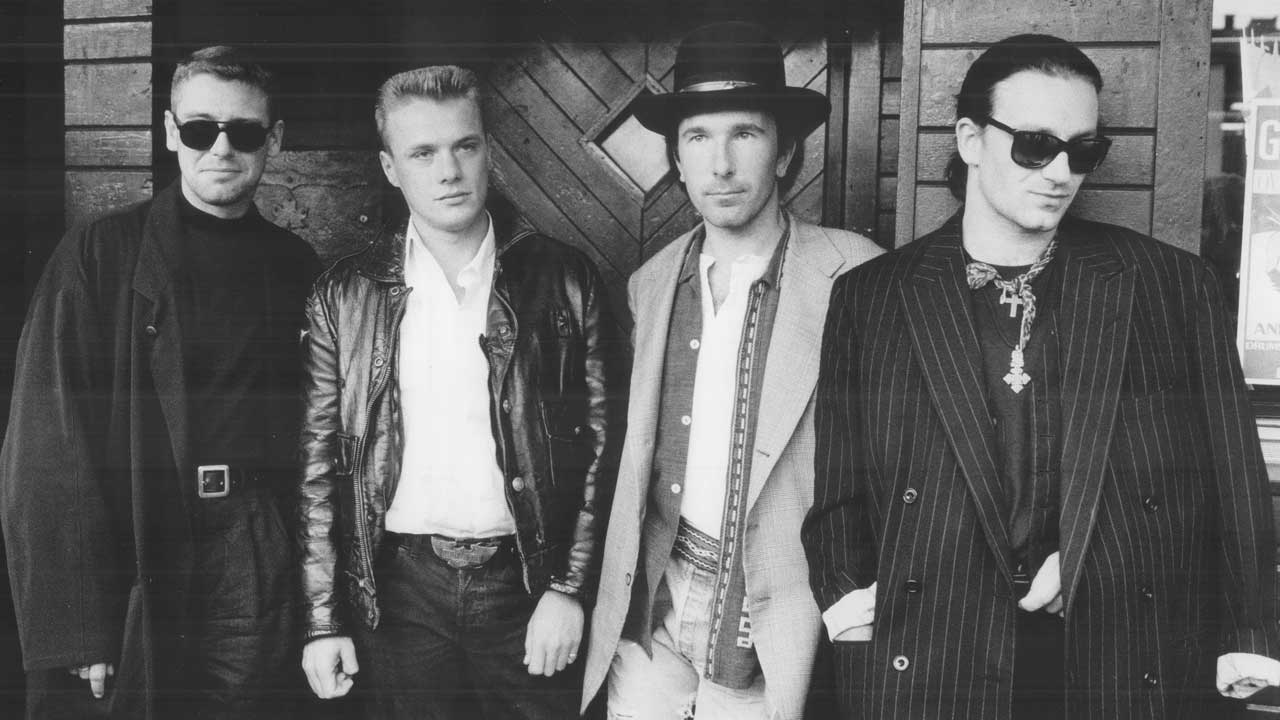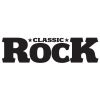Rarely do bands touted as the Next Big Thing go on to become the next big thing, but from the start U2 had all the ingredients: an distinctive sound – mostly due to The Edge’s echo-laden guitar ostinatos – and an inexorable appetite for theatrics and experimentation. Jackrabbity post-punk upstarts when they released 1980’s Boy, 1984's The Unforgettable Fire saw the band experimenting warmly with shape and form.
By 1987 they were no longer callow young men, and the pedal-drenched guitar effects that defined their early albums were starting to sound like quaint clichés. With their maturity now equalling their ambition, they looked to America’s roots music for inspiration.
Their next album, 1987's The Joshua Tree, continued the invention but was also clear and straightforward. It incorporated all the great U2 trademarks but also added folk, blues and country. I Still Haven’t Found What I’m Looking For was flavoured by gospel and a soulful vocal that reflected Bono’s ongoing spiritual quest, while lyrically the album dealt with uncertainty and anxiety as it moved from personal topics (One Tree Hill) to grave fears about American military and political power.
“We knew we had to make a big record,” guitarist The Edge recalled. “We had equal parts fear and conviction going for us, and as maddening as that can be, that combination usually works.”
On the face of it, this seemed surprising: the band had previously displayed little or no reverence for tradition of any sort. But the band’s growing obsession with the US. wasn‘t just hobby or diversion, it was a lifeline.
“We had hit a wall sound-wise,” says the Edge, “so to suddenly discover all this great blues and gospel music, it seemed very magical, and we felt compelled to examine it.“
On The Joshua Tree (produced by Brian Eno and Daniel Lanois), U2 didn’t just study American music, they channelled it, absorbing it into their collective DNA. The church gospel epiphanies of I Still Haven’t Found What I’m Looking For and the Hendrixy blues of Bullet The Blue Sky came off as more than credible impressions; they were the genuine article
It helped, too, that Bono’s lyrics had veered from desultory politics to matters of the heart, and in the gorgeous pulse of With Or Without You his soulful pleas are by turns aching and soothing, triumphant and tortured.
“It was an important record for us,” said the Edge. “We had all grown up a bit, but we were still learning and questioning. It was a breakthrough, but we always try to use our breakthroughs to lead us somewhere else.”
Three decades later, the band took the album on the road for the second time, selling the Joshua Tree 30 tour around the globe as the album's themes and messages gained new relevance during the Trump era.
"The world changed!" Bono told Classic Rock moments before U2 took to the stage for the second night of the tour. "Songs that we wrote in the first half of 2016 suddenly didn’t seem relevant in the light of the political upheaval last year. But these songs from 1987 took on a new relevance.
"Just look back to what we were singing in 1987. Those songs now sound like they were written for this very moment. We really do need new dreams tonight!"

